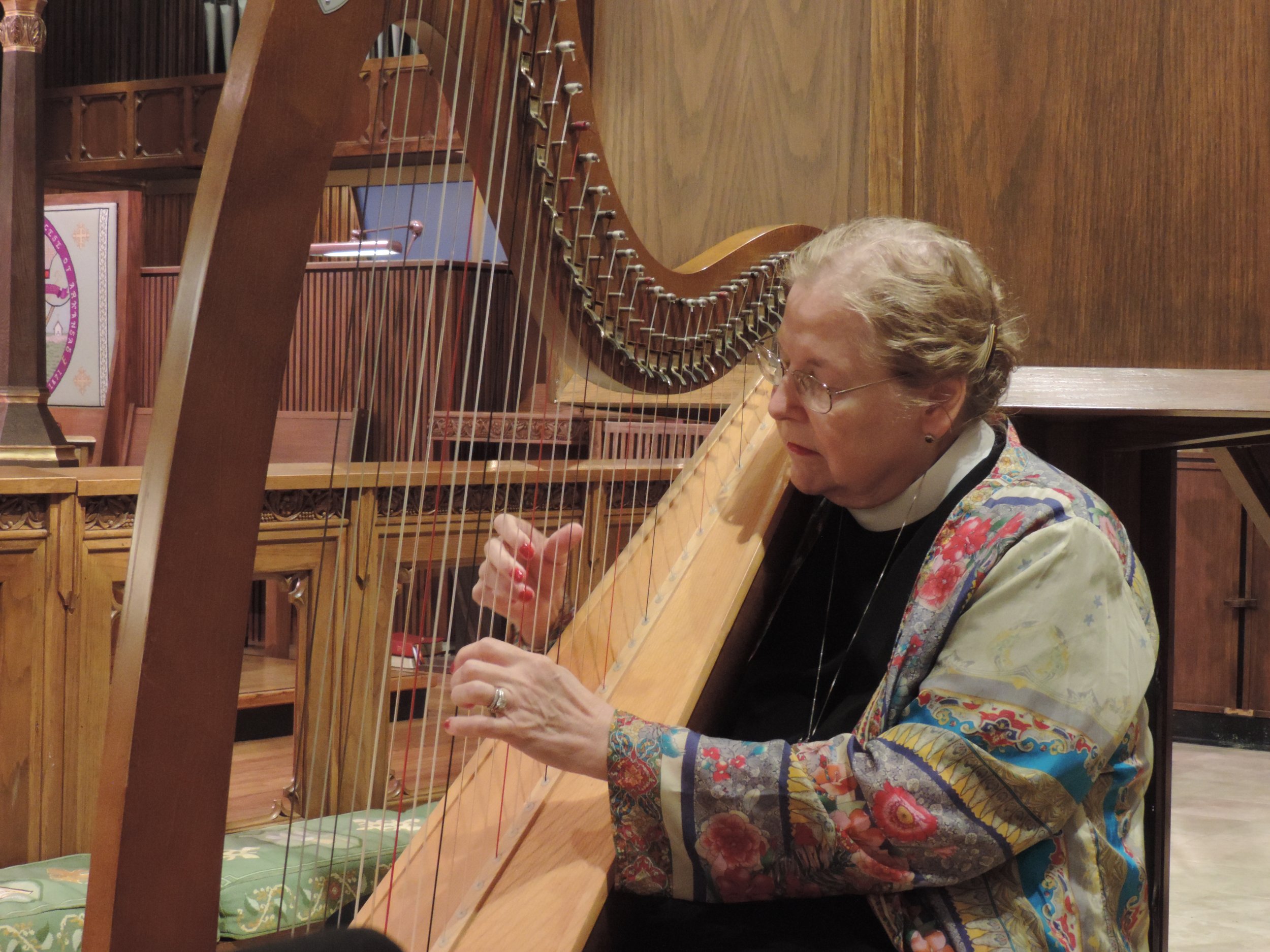Wiederkehr: Pressing the Space Bar in Our Lives
“Long ago, when I was learning to type, I used to delight in typing letters to my friends without pressing the space bar. Now, when you don’t press the space bar, you’ve got a real mess, and much decoding must be done. The spaces in between enable us to understand the message.”—Macrina Wiederkehr in The Song of the Seed: A Monastic Way of Tending the Soul (HarperOne, 1997).
I remember reading this message from Sister Wiederkehr more than twenty years ago, and it still jumps off the page for me. She reminds us that many forget to press the space bar in our lives. She calls it hurry sickness. After finishing this email, project, phone call, or meeting, we will rest. But we always have something else to do, and the rest never happens. Macrina calls us to regular spaces of contemplation, meditation, or silence at intervals in our lives.
One of my favorite definitions of such a “space” is to stop what we are doing and attend a Quaker meeting in our heads. Macrina reminds us of a Native American admonition to listen, or our tongue will keep us deaf! I often experience this when I wake up in the morning, and suddenly, answers or ideas come to me after that long rest during the night. Likewise, when I stop to pray at daily intervals, life is more peaceful.
But I can so easily become the driver of a Mack truck coming down a steep hill without brakes, and hurriedly rushing during the day from task to task without stopping.
Today, my best help with “spacing” is looking up intermittently from my floor-to-ceiling window on the other side of my desk to watch the birds at my feeder. Sometimes, they actually chant and call me to prayer.
My husband gave me a clock that sounds the hour with a bird call. Every hour, I now also hear a call to stop and say a short prayer, usually the Jesus prayer. This has been a great gift.
Our computers and iPhones also speak to us. Have you ever noticed how much bigger the space bar is than the letter keys?
Give thanks today for Macrina and the many lives she has touched in Arkansas and around the world.



